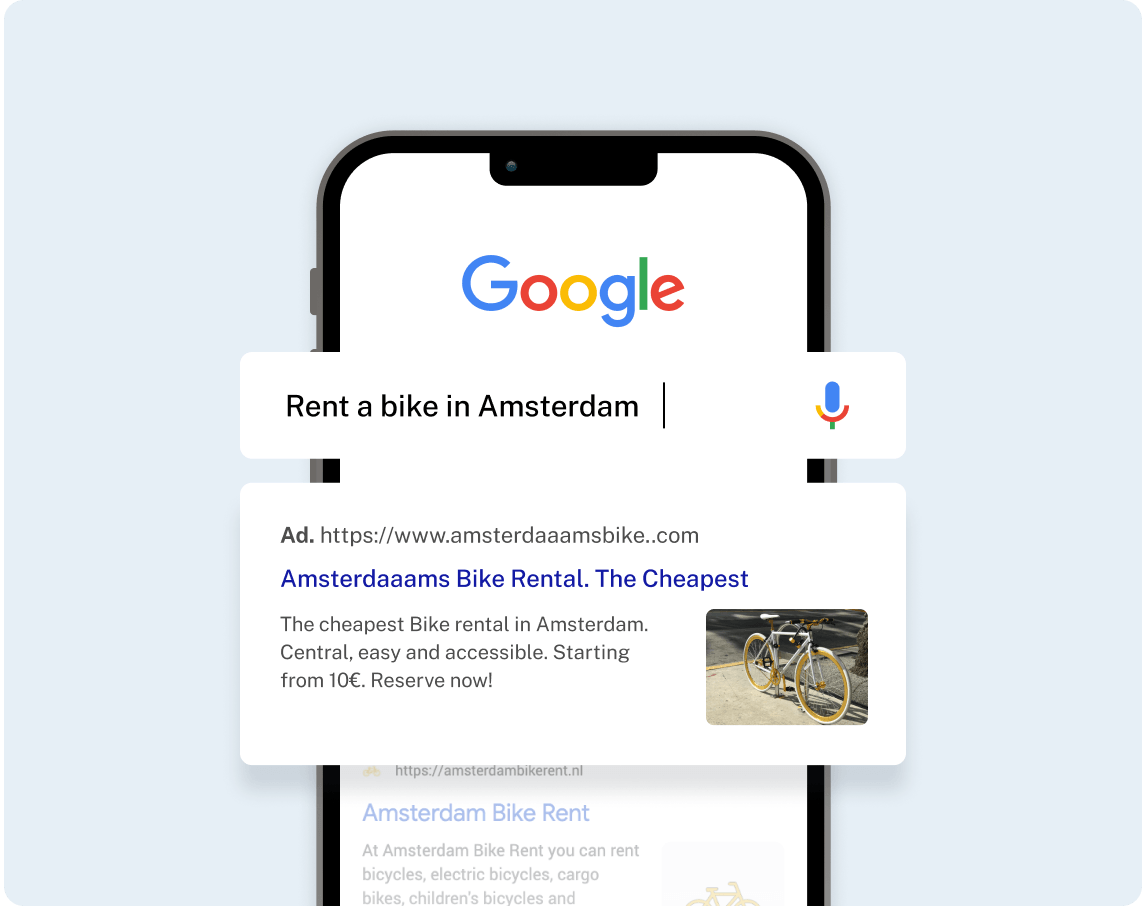Follow Us
10 Street Name, City Name
Country, Zip Code
555-555-5555
myemail@mailservice.com
The Art of Website URL Naming

Domain Name & Its Significance

When it comes to creating a website, one of the most critical yet often overlooked aspects is the URL structure. A well-crafted URL not only serves as the address for your webpages but also plays a significant role in search engine optimization (SEO) and user experience. In this article, we will explore the significance of website URL naming and provide guidelines to help you create effective and impactful URLs for your website.
- Clarity and Readability
The first and foremost consideration in URL naming is clarity. A well-designed URL should be concise, descriptive, and easy to read for both search engines and human visitors. Here's why it matters:
a) User Experience: Clear and readable URLs provide a sense of trust and professionalism. When users see a URL that accurately reflects the content they expect, it increases their confidence in clicking on the link, leading to a better user experience.
b) Search Engine Optimization (SEO): Search engines analyze URLs to understand the context and relevance of webpages. Including relevant keywords in your URL can help search engines determine the topic of your content and improve your chances of ranking higher in search results.
- Keyword Integration
Integrating relevant keywords into your website URLs can have a positive impact on SEO. By including target keywords in your URLs, you provide additional signals to search engines about the content of your webpage. This can improve your website's visibility in search results and attract more organic traffic. However, it's important to maintain a balance and avoid keyword stuffing, as it can negatively affect your SEO efforts.
- Consistency and Structure
Consistency and structure play a crucial role in URL naming. Here are some best practices to follow:
a) Use Hyphens: Instead of underscores or spaces, use hyphens to separate words in your URL. Search engines interpret hyphens as word separators, making it easier for them to understand the structure of your URL.
b) Avoid Special Characters: Stick to alphanumeric characters and hyphens in your URLs. Special characters, such as question marks or ampersands, can cause issues with URL interpretation and may not be properly indexed by search engines.
c) Maintain Hierarchical Structure: Consider organizing your URLs in a hierarchical structure that reflects the structure of your website. This can help users and search engines navigate your website more effectively.
- Avoiding Duplicate Content
Duplicate content can harm your SEO efforts and confuse search engines. Ensure that each URL on your website represents a unique and distinct page. If you have multiple URLs with similar content, consider implementing canonical tags or 301 redirects to indicate the preferred version of the page.\
- URL Length
While there is no fixed character limit for URLs, it is generally recommended to keep them as short and concise as possible. Lengthy URLs can be challenging to read and share, both for users and search engines. A shorter URL also reduces the likelihood of errors when manually typing or copying the link.
Website URL naming is a crucial aspect of web development and SEO. A well-crafted URL enhances user experience, improves search engine visibility, and boosts organic traffic. By prioritizing clarity, integrating relevant keywords, maintaining consistency, and following best practices, you can create effective and impactful URLs that contribute to the overall success of your website. Remember, a well-designed URL is not just an address but an opportunity to optimize your online presence.







